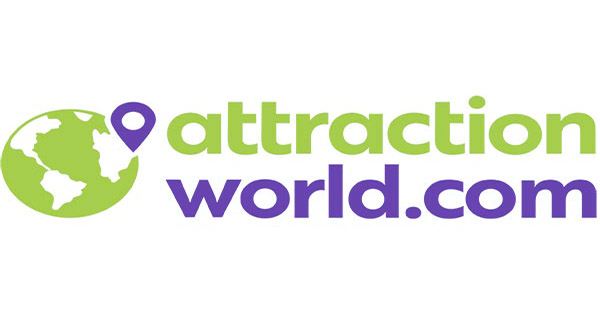Social insurance is a government-managed, universally funded financial safety net. Among the most common programs are Social Security, unemployment insurance, and Medicare. In terms of funding, social insurance differs from public assistance. It is supported by the contributions of each citizen who uses the services. It is typically funded through contributions from employees, employers, and sometimes the government, and it provides benefits to eligible individuals who experience certain qualifying events.
Social insurance is a type of social welfare that offers protection against economic risks. Insurance can be provided either publicly or by subsidized private insurance. Individuals’ claims are partly dependent on their contributions, which can be considered insurance premiums to create a common fund from which the individuals are then paid benefits in the future, in contrast to other forms of social assistance.
Types of social insurance include:
- Public health insurance
- Social Security
- Public Unemployment Insurance
- Public auto insurance
- Universal parental leave
Social insurance programs are designed to provide a safety net for individuals who may face economic hardship due to circumstances beyond their control. They aim to reduce poverty, provide basic living standards, and ensure that individuals have access to essential healthcare services.
Social insurance programs vary from country to country, but some common examples include:
- Social Security: a program in the United States that provides retirement, disability, and survivor benefits to eligible individuals and their families.
- Medicare: a program in the United States that provides health insurance to individuals over 65 and those with certain disabilities.
- Unemployment insurance: a program in many countries that provides financial assistance to individuals who have lost their jobs.
- Workers’ compensation: a program that provides benefits to employees who are injured or become ill as a result of their work.
Many social insurance institutions, such as private disability insurance, retirement accounts, or private health insurance, have private insurance counterparts. All of these services necessitate additional premiums or out-of-pocket contributions. Payments into social insurance programs, on the other hand, ensure that premiums and taxes remain low and the pool of resources remains stable for those in need.
















